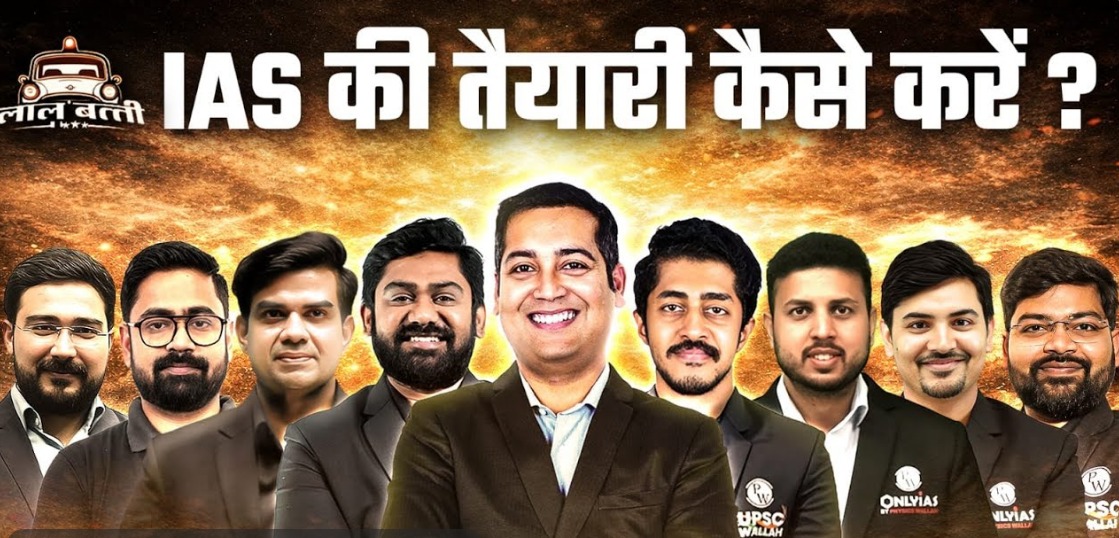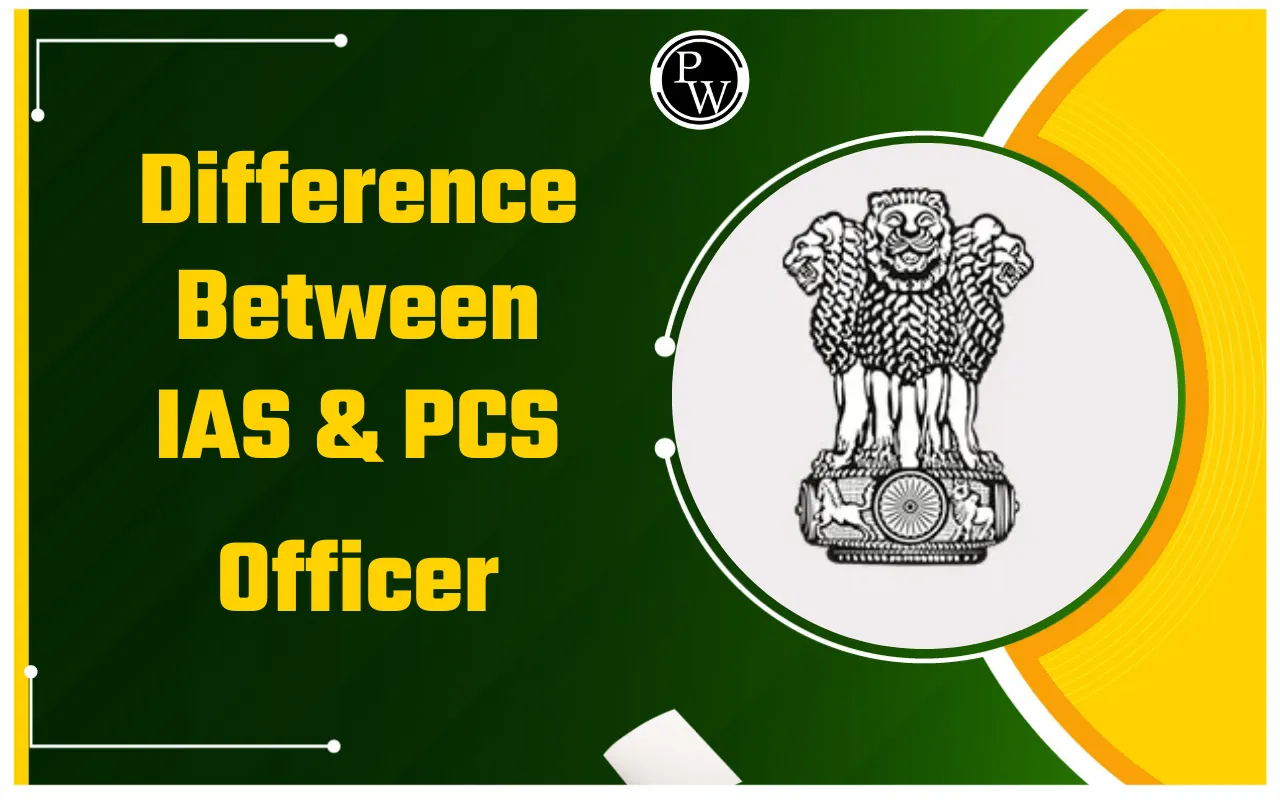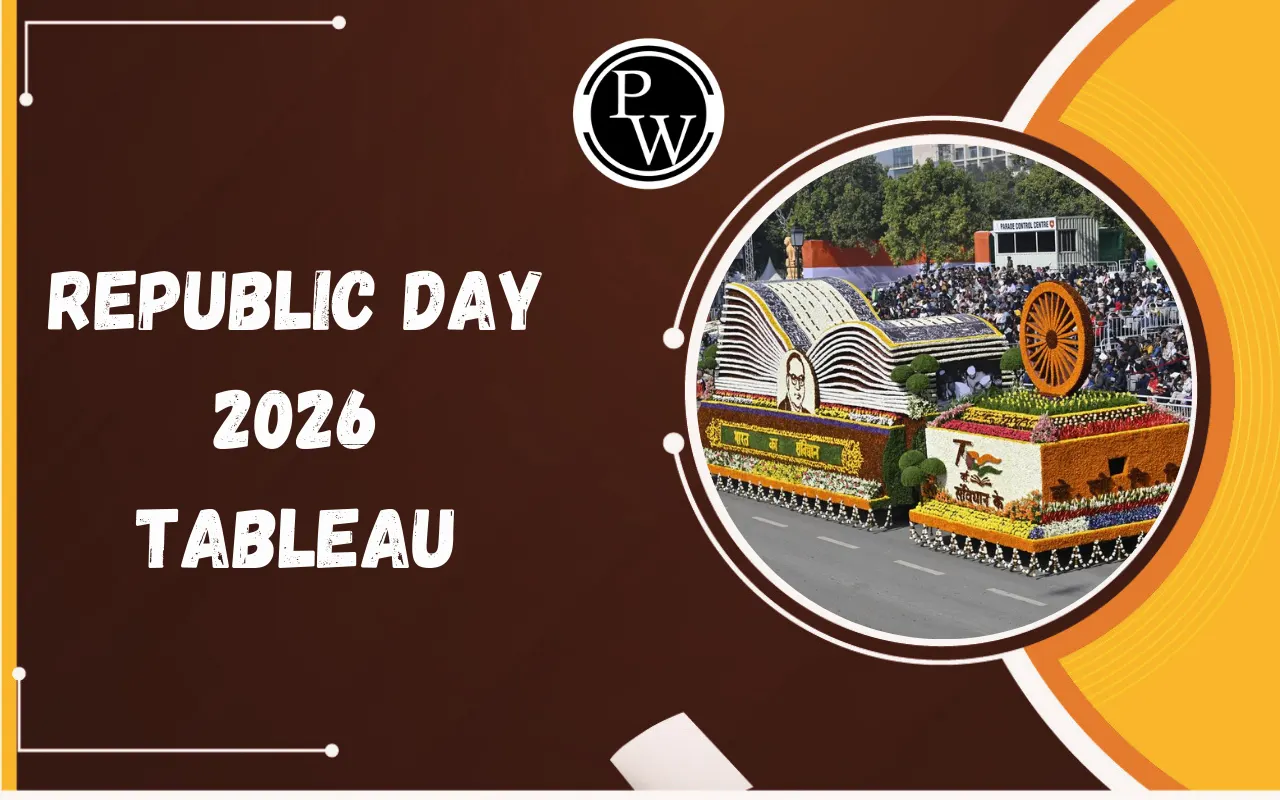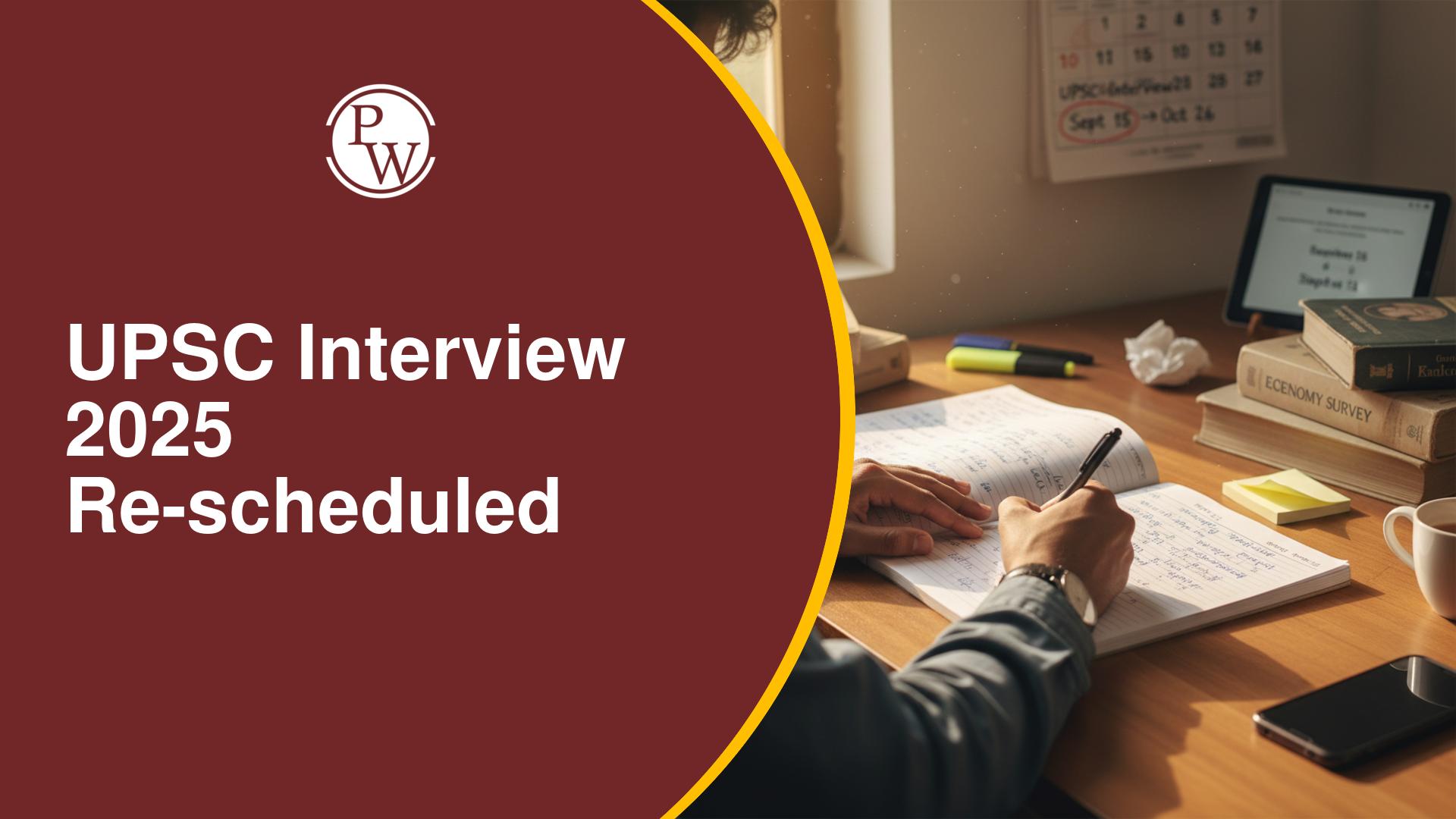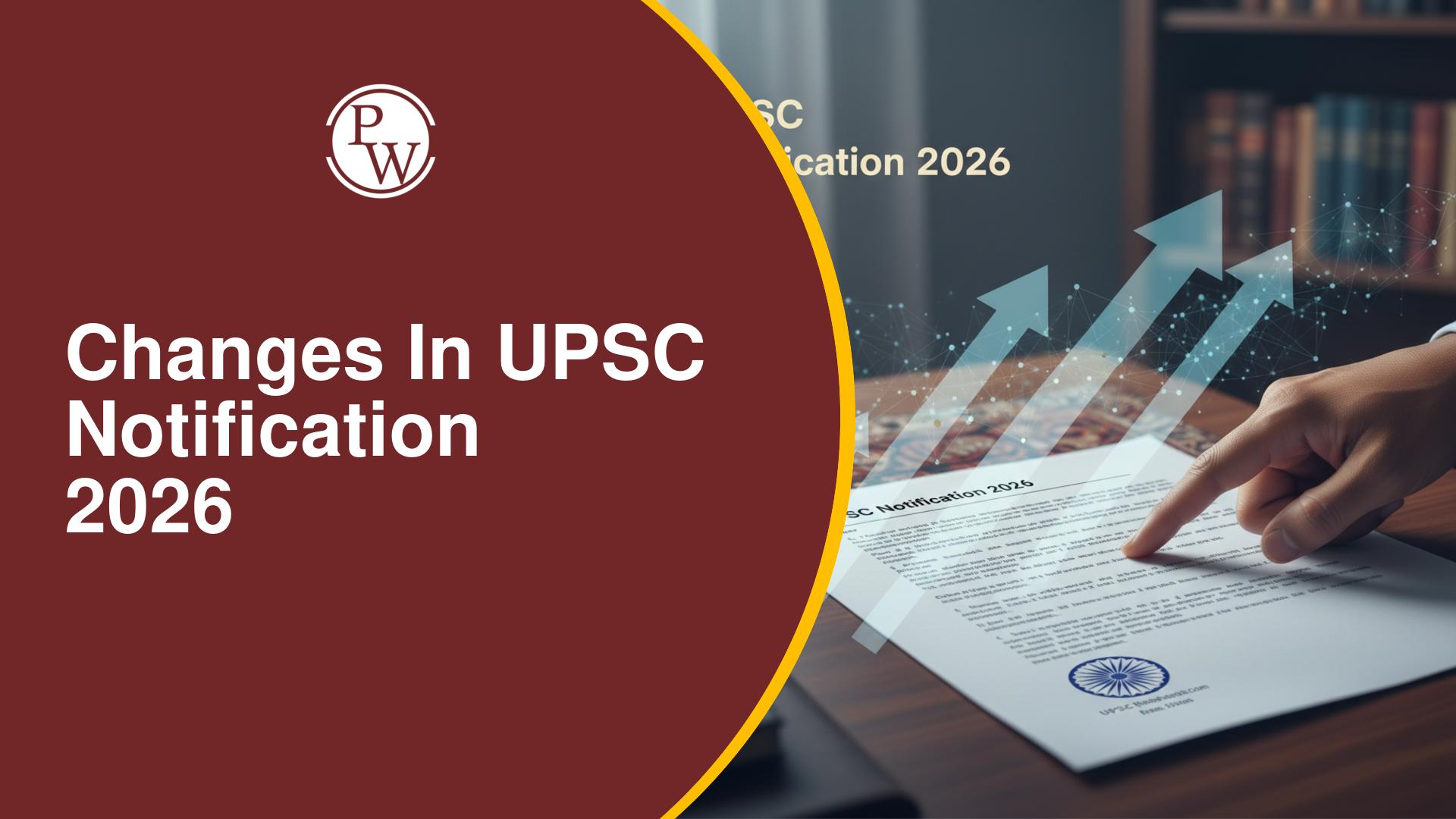
UPSC Maithili Literature Optional Syllabus 2025: Maithili language, a member of the Indo-Aryan language family, holds a significant historical and literary heritage. Maithili is mainly spoken in northern Bihar (India) and parts of Nepal. Its origins trace back through Sanskrit, Prakrit, and Avhatt, culminating in Maithili. Maithili has undergone periodic divisions, evolving from its beginnings to the modern era, encompassing various dialects.
It is crucial for candidates preparing for the UPSC Maithili literature optional for the IAS Mains exam to understand the syllabus and exam pattern to perform well. Explore the Maithili literature syllabus and preparation strategies here.
UPSC Maithili Literature Optional Syllabus 2025
Maithili, one of the recognized languages in the Eighth Schedule of the Indian Constitution, holds a rich literary heritage that spans centuries. As an optional subject in the UPSC Civil Services Examination, Maithili Literature offers candidates an opportunity to explore the depth and diversity of the language through classical and modern literary works.
The Maithili optional syllabus is divided into two papers:
UPSC Maithili Literature Optional Syllabus for Paper I
The UPSC Maithili Literature Syllabus for Paper I covers the history of the Maithili language, including poetic masterpieces of luminaries like Vidyapati, Jyotirishwar Thakur, and others. It covers the development of Maithili, driven by religious, economic, social, and cultural influences. From the pre-Vidyapati era to medieval dramas and folk literature, and into the modern era with its diverse literary forms, Maithili literature reflects the spirit and essence of its people. Explore the complete syllabus for Paper I below:| Part A - History Of Maithili Language And Its Literature | |
|
|
| Part B: History of Maithili Literature | |
|
UPSC Maithili Literature Optional Syllabus for Paper II
The UPSC Maithili Literature Syllabus for Paper II covers Maithili poetry and literature, from the timeless verses of Vidyapati Geet-Shati to the devotional hymns of Govind Das Bhajanavali. Epics like " Krishna Janm " and " Mithila Bhasha Ramayana " delve into mythological narratives, while " Keechak-Vadh " presents gripping tales of valor and heroism. Contemporary poets like Surendra Jah and Sudhanshu 'Shekhar' Choudhary offer fresh perspectives on life and society. Modern anthologies continue to showcase the evolving landscape of Maithili literature, ensuring its enduring relevance and vitality. Explore the complete syllabus for Paper II below:| PART A - Poetry | |
|
|
| Part B | |
|
Exam Pattern of UPSC Maithili Literature Optional
Like all other optional subjects in the UPSC optional subject list, the subject is made up of two papers, Paper 1 and Paper 2, each carrying 250 marks. Each paper is divided into two sections. Each paper has a total of eight questions , divided equally into four questions. A candidate has to attempt any five questions . Questions 1 and 5 are compulsory. Out of the remaining six, any three have to be attempted, with at least one from each section. Answers must be written in Maithili.| Particular | Details |
| Total Papers | Two papers, Paper I and Paper II |
| Total Marks | 500 (250 Each) |
| Time allowed | 3 Hours for each paper |
| Sections | Section A and Section B |
| Questions | total 8 questions with subparts |
| Compulsory Question | Question Nos. 1 and 5 |
| Marks Distribution | 10, 15, and 20 marker questions |
| Writing Language | Maithili |
Pros and Cons of Choosing UPSC Maithili Literature Optional
Explore the advantages and challenges of studying Maithili literature UPSC optional, weighing the cultural richness against the potential hurdles of limited resources and language barriers.| Pros | Cons |
| Cultural Richness: Studying Maithili literature offers a deep dive into the cultural heritage of the Mithila region, enriching one's understanding of its traditions and customs. | Limited Resources: Compared to mainstream literature subjects, finding comprehensive study materials for Maithili literature might be challenging. |
| Unique Perspective: Maithili literature provides a unique perspective on various societal issues, making it a valuable subject for broader intellectual discourse. | Language Barrier: For candidates not well-versed in Maithili, grasping the nuances of the language and literature can pose a significant challenge. |
| Scoring Potential: With thorough preparation, scoring well in Maithili literature can significantly boost overall marks in UPSC exams. | Subjective Evaluation: Evaluation of answers in subjective papers like literature can sometimes be subjective, depending on the examiner's interpretation. |
| Limited Competition: With fewer competitors, aspirants have a better chance to distinguish themselves and excel in this field, potentially leading to higher scores. | Limited Utility: The syllabus of this subject has limited utility in other general study subjects. Thus, we need to spend extra time preparing it. |
| Passion-driven Preparation: If you are passionate about Maithili literature, this genuine interest enhances comprehension, retention, and analytical skills, leading to a more thorough understanding of the subject matter. |
Previous Years Question Papers For Maithili Literature Optional
Examine the structure and content of the previous year’s UPSC Maithili literature question paper, gaining insights into the exam format and thematic coverage. Here are some of CSE previous years' question papers:UPSC Maithili Literature Optional Preparation Tips
Here we have provided some tips through which you can strategize your preparation:- Thorough Reading: Start with a thorough reading of prescribed texts, focusing on understanding the context, themes, and literary devices used.
- Annotations and Notes: Make concise notes and annotations while reading, highlighting key points, quotes, and important passages for quick revision. You can also find Maithili literature notes in PDF format online to boost your preparation.
- Practice Writing: Regularly practice answering essay-type and analytical questions to improve writing skills and time management. Stay relevant to what is being asked in the question.
- Mock Tests: Take online mock tests and solve the previous year's question papers to assess preparation levels and identify areas that need improvement.
- Use Other Language Literature: Incorporate references from other languages wherever possible. It can add uniqueness to your answer and give you a competitive edge.
- Discussion and Revision: Engage in discussions with peers or mentors to gain different perspectives and revise regularly to reinforce understanding.
Recommended Books For Maithili Literature Optional
Access a curated selection of essential texts and references to aid your exploration of Maithili literature, spanning historical chronicles, poetic anthologies, and critical analyses. Here we have listed some top recommendations by toppers for Paper I and Paper II through which you can prepare well and clear your concepts:| Books for Paper I | Books for Paper II |
|
|
Want to prepare for UPSC Mains? Explore PW UPSC Courses now!
UPSC Maithili Literature Syllabus FAQs
Is Maithili literature a scoring subject in UPSC exams?
How can I improve my understanding of Maithili literature if I'm not proficient in the language?
Are there any online resources available for studying Maithili literature?
Is it necessary to read every text mentioned in the syllabus for Maithili literature?
Can I choose Maithili literature as an optional subject if I don't belong to the Mithila region?

